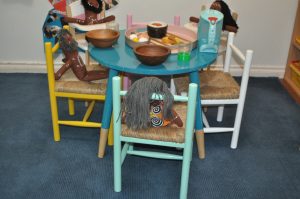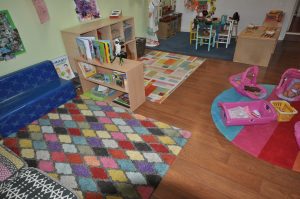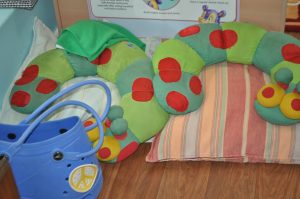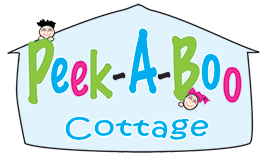Peek-A-Boo Cottage – The Programmes
Program Overview
Peek-A-Boo Cottage offers a program that is based on the principle that, the children must be developed in such a way as to offer them the best opportunity to become a well-adjusted member of our society. As a result of this we provide an environment and experiences which enable the child to grow physically, emotionally, intellectually and socially.
Early Years Learning Framework
At Peek-A-Boo Cottage we believe in the process of the Early Years Learning Framework (EYLF) which forms the foundation for all children, in early childhood care and education settings, experience high quality teaching and learning. EYLF makes a specific emphasis on play-based learning and, hence, recognises the importance it has in the development of language, communication, social and emotional traits. The EYLF has been designed to enable our educators to work in partnership with your familily to help form a strong connection between the child’s home and the early childhood setting.
Peek-A-Boo Cottage is guided by the EYLF to document your child’s development and to help plan, enrich and extend their learning within our program. Further the EYLF has learning outcomes that can be used to assess and then offer holistic approaches to gauge their, the child’s, successes.
The Early Years Learning Framework can be broken down into the following outcomes, principles and practices:
- Outcomes
- Children have a strong sense of identity
- Children are connected to and contribute to their world
- Children have a strong sense of wellbeing
- Children are confident and involved learners
- Children are effective communicators
- Principals
- Secure, respectful and reciprocal relationships
- Partnerships
- High expectations and equity
- Respect for diversity
- Ongoing learning and reflective practice
- Practices
- Holistic approaches
- Responsiveness to children
- Learning through play
- Intentional teaching
- Learning environments
- Cultural competence
- Continuity of learning and transitions
- Assessment for learning



